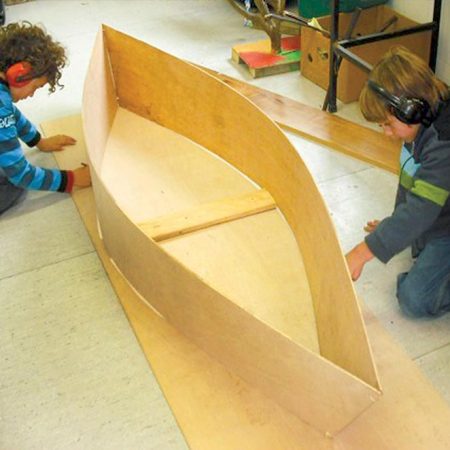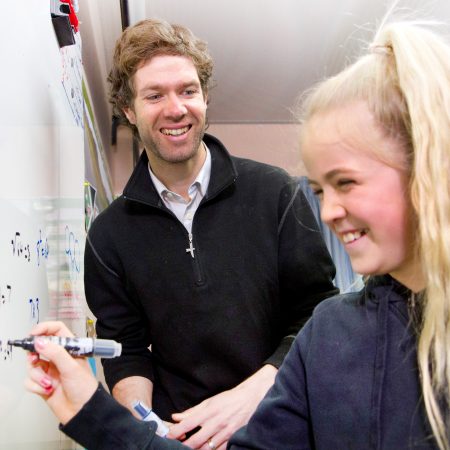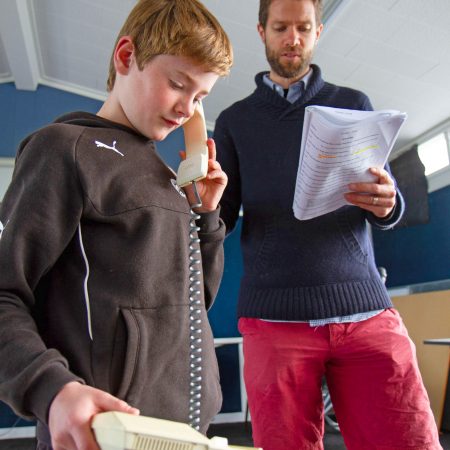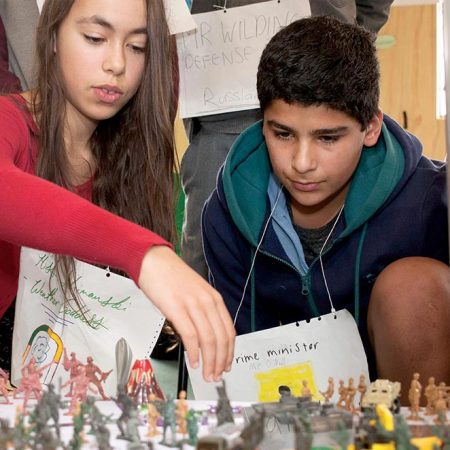BRILLIANT CURRICULUM
INSPIRE + ENGAGE + NURTURE = BRILLIANCE
BRILLIANT CURRICULUM
INSPIRE + ENGAGE + NURTURE = BRILLIANCE

The goal of our authentic, human-centred education is to draw out the natural inner brilliance of every student. To achieve that, Seven Oaks employs highly capable, caring educators who provide an inspiring social environment. They engage students in learning activities that are enjoyable and meaningful to the students’ own real-life situations and nurture them to grow via highly supportive relationships in small classes.
This highly personal education is the result of a huge body of research in fields such as neuro-science, biology, psychology, sociology, quantum physics, spiritual wisdom, ecology and holistic education. First implemented in 2009, it constantly evolves as we evaluate new ideas and build on our successes.
What we teach

Building brilliance
- Self-awareness
- Emotional intelligence
- Resilience
- Responsibility
- Cooperation, collaboration
- Imagination, creativity
- Ecological intelligence
Extensive research shows that happiness and success as an adult are determined by the character strengths we develop during childhood. We built seven key strengths into the heart of our Brilliant Curriculum. When our students move on to high school and adulthood, the self-esteem and inner strength they have developed at Seven Oaks give them a powerful advantage, positively impacting their personal and professional lives.
Read more
Self-awareness
Holistic awareness of ‘who I am’ – physically, emotionally, intellectually and intuitively – to develop and use all the innate abilities we were born with. This is the overarching goal of our Brilliant Curriculum.
Emotional intelligence
Now widely recognised as the most important factor in personal and professional success in adult life, emotional intelligence (EQ) development is at the core of Building Brilliance
Resilience
The ability to cope positively with adverse events is a key life skill. The factors that build strong resiliency are designed into Seven Oaks’ Empowering Environment.
Ecological intelligence
A deep connection with, and understanding of, the natural world and the systems we need to sustain life on Earth is the focus of our Eco-Literacy programme.
Imagination, creativity
“Imagination is more important than knowledge, for knowledge is limited, whereas imagination embraces the entire world, stimulating progress, giving birth to evolution.” This thinking, espoused here by Albert Einstein, is strongly fostered through our Full Engagement Learning.
Cooperation, collaboration
While competition divides and limits us, co-operation and collaboration utilise the unique contributions of many to achieve outstanding results. This is the key principle of our Socio-Literacy curriculum.
Responsibility
The ability to respond positively to situations and make decisions that benefit oneself, others and the environment is developed through our Empowering Environment.

NZ curriculum
- Reading and writing
- Music
- Maths
- Art
- Science
- Sport
- Technology
Literacy and numeracy are important in the Seven Oaks curriculum, as they are in other schools. We ensure a positive learning experience by personalising the curriculum to each student and reinforcing it through real-life activities and projects that are meaningful to each child.
Read more
Music, arts, and craft activities are very important avenues of self-development and expression. They are always encouraged and regularly engaged in by all Seven Oaks students.
Science and technology are offered to students through a combination of individually-chosen and class-selected projects.
Sport and exercise are crucial to the physical, emotional and mental development of children. Classroom play is organised daily and emphasises enjoyment, as well as developing agility, co-ordination and strength.

Socio-literacy
- Building community
- Conflict resolution
- Collaboration
- Relationships
- Social sciences and issues
This is all about developing healthy relationships with others. Students learn to understand and work co-operatively with others to achieve great results.
Read more
They get to consider the kind of society they’d like to live in, and learn practical ways of creating that via active participation in a wide variety of class and school matters. The school and classrooms are mini societies where students learn from the conflicts they have with each other, from working together on team projects, from issues that arise in the school, as well as observing and reflecting on the actions of adults in the global community.

Eco-literacy
- Earth sciences
- Gardening skills
- Animal care
- Principles of life
- Ecological challenges
- Recycle, restore, reuse
Experiencing nature and studying the principles of life to understand what is needed for a healthy world.
Read more
Our students become conscious of the cycles, flows and interconnections of nature, and experience them personally through meaningful activities such as gardening, healthy food preparation and caring for animals. Eco-literacy underpins our traditional sciences, redirecting them towards outcomes that support our survival – a critical skill to have in the emerging economy.
How we teach

Full-engagement learning
- Inside/outside
- Real-world projects
- Appropriate technology use
- Individualised learning
- Personal learning goals
Learning is individualised within each class to match the readiness and learning style of each student. Setting personally meaningful learning challenges is an important element to each student’s growth path.
Read more
Students with a passion for a particular skill are encouraged to explore and develop to their highest abilities.
Practical real-life activities and real-world projects make learning meaningful for students. We use them to personalise and reinforce academic learning wherever possible.
Learning outside the classroom provides many important and enjoyable learning opportunities. Students spend as much time outdoors as they do inside.
Technology is particularly useful in sourcing information for learning projects and for formal presentations but, despite claims from IT companies, is otherwise proving to be a distraction from authentic holistic learning and can actually inhibit creativity. Computers are used when they are the most appropriate tool for the job.

Empowering environment
- Small classes
- Respect and empathy
- Student voice encouraged
- Nurturing educators
- Sensorially rich campus
Listening to each student’s unique voice is a foundation for their self-belief and growth. Individual ideas and expression are prized at Seven Oaks by staff and students.
Read more
The warm, personal attention of highly skilled educators has been conclusively proven to be the single-most important element in a positive, holistic education. Seven Oaks educators are recognised for their openness, their ability to genuinely respect and empathise with their students and their ability to facilitate their students’ personal learning.
Small classes are necessary for educators to devote high-quality time to every student. Our maximum class size 15 students per classroom.
A rich, natural environment with natural springs, hundreds of trees and an ever-increasing variety of other delights, allows children to open and engage all of their senses, including visual, audial, tactile and intuitive.












